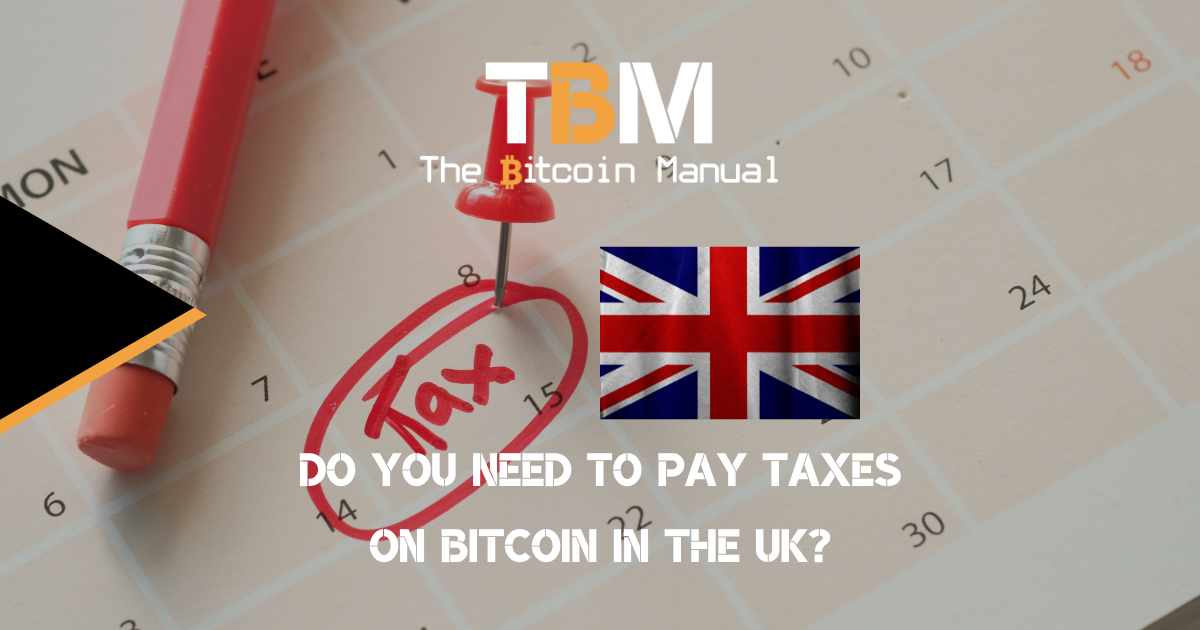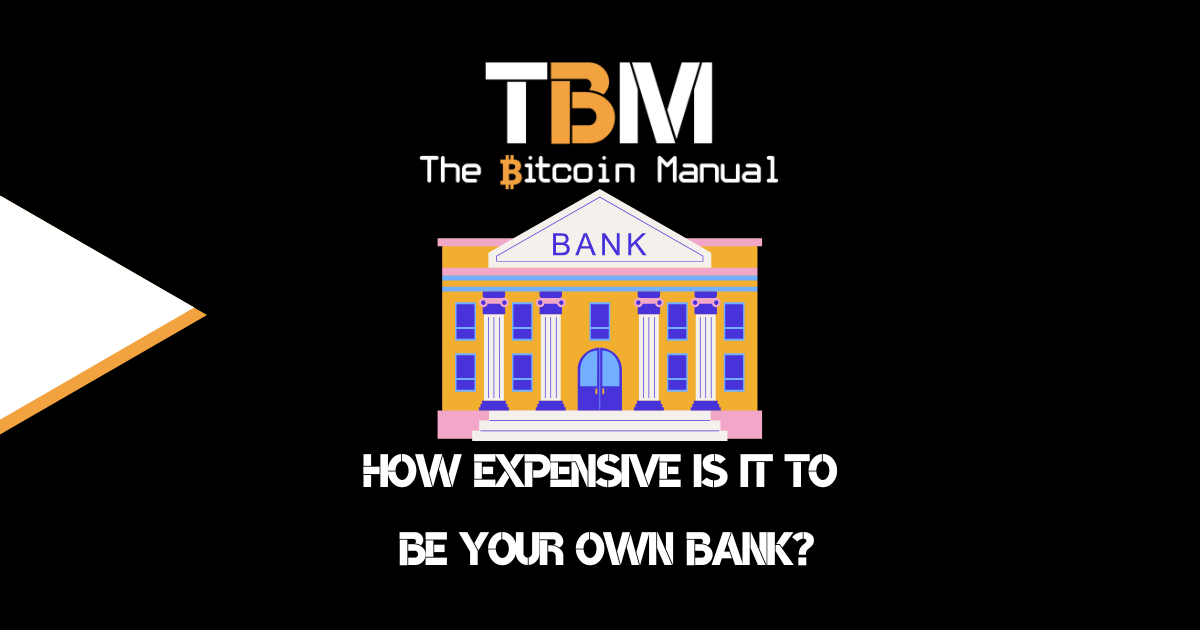Let me start by saying that you really should speak to a professional and qualified tax advisor and accountant about taxes with Bitcoin. If you shitcoin, you will have a shit ton of tax considerations to think about as well but I’m just a bloke writing articles from time to time, no tax advice here.
Instead, I want to help shed some light on the question that I receive a lot about taxes on Bitcoin from friends and newcomers. As I live in the UK, I only half know what the UK approach is so you will need to DYOR on your local government tax treatment of Bitcoin as it may differ.
Capital Gains Tax
In short, Bitcoin is considered as an asset in the UK which means it is subject to Capital Gains Tax. As naff as this is where you’re the one taking on the risk of investing your money, Her Majesty’s Revenue & Customs want a piece of that pie if you’re successful.
What this means is that you will need to pay tax on any gains you make above a certain amount (called an “allowance“), which is £12,300 in this current tax year at time of writing. The good news is you don’t get taxed on just buying Bitcoin… at least not yet!
For a simple example, let’s say you bought 1 Bitcoin when it was £10 and you sell that 1 Bitcoin when it is £100. You made £90 profit and won’t have to pay any tax.
However, if you sold that 1 Bitcoin when it was worth £20,000, then you would make £19,990 profit. Take away your allowance of £12,300 and that leaves you with £7,690 of gains that you need to pay tax on. To work out how much tax you need to pay, the rates are here.
Not Completely Straightforward
Obviously, that’s a very simple example. Almost everyone will buy Bitcoin more than once if they are stacking sats and if you shitcoin, then you’ll have to factor in all the costs and trades associated and a multitude of other factors outlined here. Add to that the pooling mechanism that they use to work your average buy in price at and it will make your head spin.
It is a real pain if you don’t keep on top of your accounting and in a bull market, you could easily end up going over the capital gains allowance if you start trading Bitcoin.
I found a few Bitcoin tax calculators online which help with this in the UK and take a lot of the complexities away. Koinly seems to be the most popular one that allows you to sync up exchanges and import csv files of transactions should you so wish.
What About Income Tax?
You probably already know the answer to this but any Bitcoin (even shitcoin) you earn through mining, completing tasks, airdrops, hard forks, earning interest and other things where you haven’t bought Bitcoin (or shitcoin) outright will be subject to income tax. More information about income tax on Bitcoin can be found here
If you’re like me and have a day job, any additional Bitcoin you earn goes in as income or miscellaneous income – it’s worth calling HMRC to find out how you need to declare this as they will let you know.
“I’m Not Paying Tax, Rar rar rar”
Cool, good luck with that. If that’s the game you want to play, you do you. For me though, as I’ve been down the rabbit hole for nearly 4 years, I’ve learned that you can actually play the game that a lot of wealthy people do by taking loans out on your assets and just forever HODL.
Some companies allow you to borrow against your Bitcoin and reduce your capital gains to below the threshold so you can live to not pay cap gains tax for another year.
Yes, this is a risky approach due to the volatile nature of Bitcoin compared to other assets that you can borrow against but if you’re comfortable with that risk, it’s possible. Then when you pay the loan back, you get your Bitcoin back. Happy days.
As always though, do your own research on all these and make sure you know what you are doing so you don’t get caught with your trousers down. This is a new industry where the onus is on you, the individual, to do your due diligence and have good accounting. Own your finances!
Personally, selling Bitcoin isn’t really on the cards for me but keeping on top of accounting and being my own bank is on the cards. Alas, tax is a part of that nowadays so learning about the implications of that may make you change your strategy to reduce taxable events. It did for me anyway!





One Response
Absolutely cracking, very handy to be aware of and something all newcomers need to know.